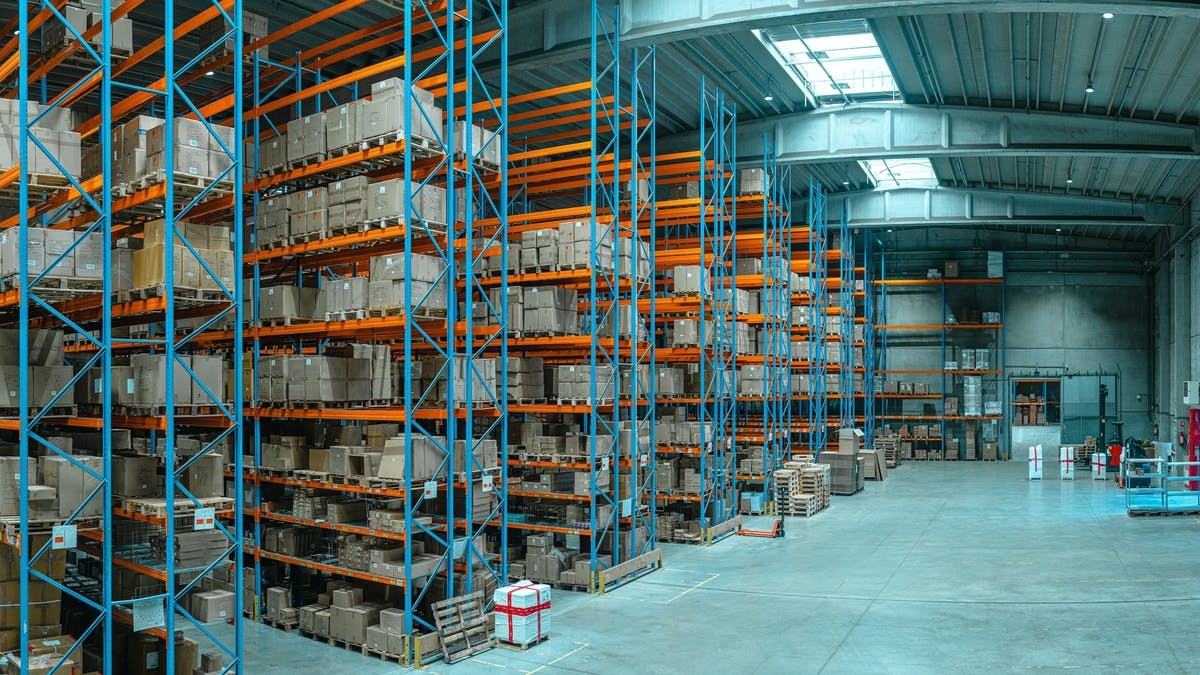Major investment is needed in the upcoming budget to fix the last few steps of the supply chain and reduce traffic emissions.
This federal Budget is the first put forward since Australia announced its commitment to net-zero carbon emissions by 2050. Virtually every sector will be impacted, especially those with large carbon emissions.
Buildings account for nearly 40 per cent of global carbon emissions, meaning the real estate sector might be put on notice.
According to Taronga Ventures, many Australian real estate groups are well progressed on their sustainability journey and have a clear focus on the driving environment, sustainability and governance (ESG) Impact through the sector.
The carbon footprint of buildings, however, extends beyond direct emissions and includes the entire supply chain serving the built environment.
Lack of infrastructure
The online shopping and warehousing boom is not going away any time soon. Increased infrastructure is needed to improve the sustainability of deliveries.
Most Australian commercial and residential properties lack the infrastructure to ensure fast and successful delivery the first time to reduce the number of unnecessary vehicle trips and lower emissions.
Government intervention is needed to support buildings that would otherwise be unable to afford solutions in the same way solar panel subsidies made green energy accessible for more businesses. This will present job opportunities similar to what has been seen in the solar industry – according to the Australian Bureau of Statistics, in 2018/19, there were 13,000 people employed full-time in solar activities; an increase of almost double since 2008/09.
At Groundfloor, we provide smart delivery lockers at buildings to improve the speed and efficiency of delivery and collection. However, this is a relatively new technology in Australia. Many buildings still lack the infrastructure for dealing with mounting parcel volumes.
More than one billion parcels were delivered across Australia last year. Though the dramatic increases seen during the pandemic have slowed, volumes have not returned to pre-pandemic levels and are expected to rise ten per cent per annum.
A major concern is that without solutions at the building, many parcels are being redelivered – sometimes repeatedly – or the recipient is making the journey to a depot or post office themselves at the expense of the environment.
Most residential apartments have no way of receiving parcels. They just get left on the doorstep.
Redelivery rate leading to unnecessary carbon emissions
With a 10-20 per cent redelivery rate on a base of one billion packages, this translates to thousands of extra vans and cars on our roads, clocking up unnecessary kilometres every day.
According to the National Transport Commission, each litre of petrol will produce about 2.3 kilograms of carbon dioxide.
At commercial buildings, manual processes slow the rate of delivery, meaning drivers spend up to eight times longer in loading bays than necessary.
This means drivers are chugging round and round the block waiting for a space to open so they can deliver their parcel.
Commercial property does not have adequate loading bays. In an effort to promote environmentally friendly modes of transport and greener cities, parking spaces are being designed out and loading bays reduced.
Private businesses and courier companies are investing hundreds of millions in local warehousing and dedicated parcel sorting centres to ensure deliveries reach buildings faster.
However, this pushes the issue further down the supply chain to the last few steps of delivery.
The reality is bottlenecks created at buildings are far more than an annoyance. At scale, this contributes significantly to carbon emissions and damages our environment.
The government needs to acknowledge the importance of improving efficiency in parcel delivery. Minimising kilometres per package delivered is key.
Hopefully, this Budget delivers on that.
Keep up to date with our stories on LinkedIn, Twitter, Facebook and Instagram.

